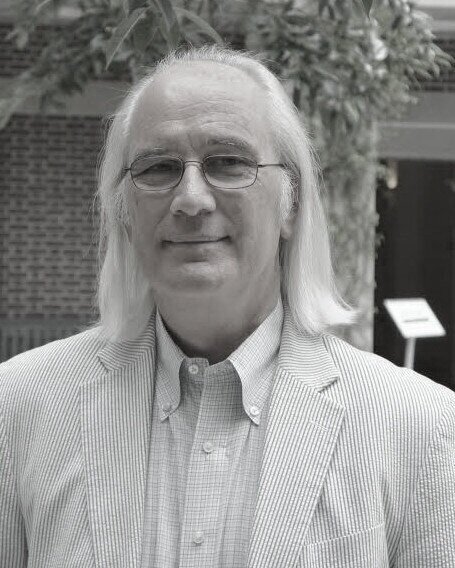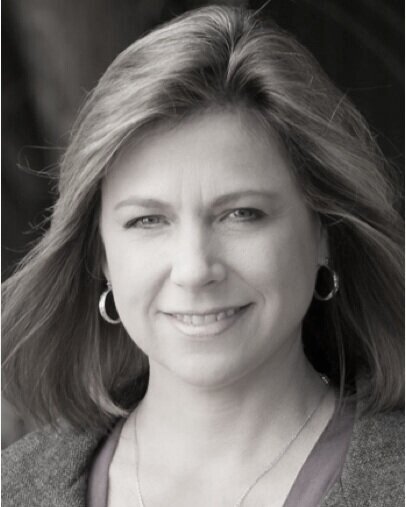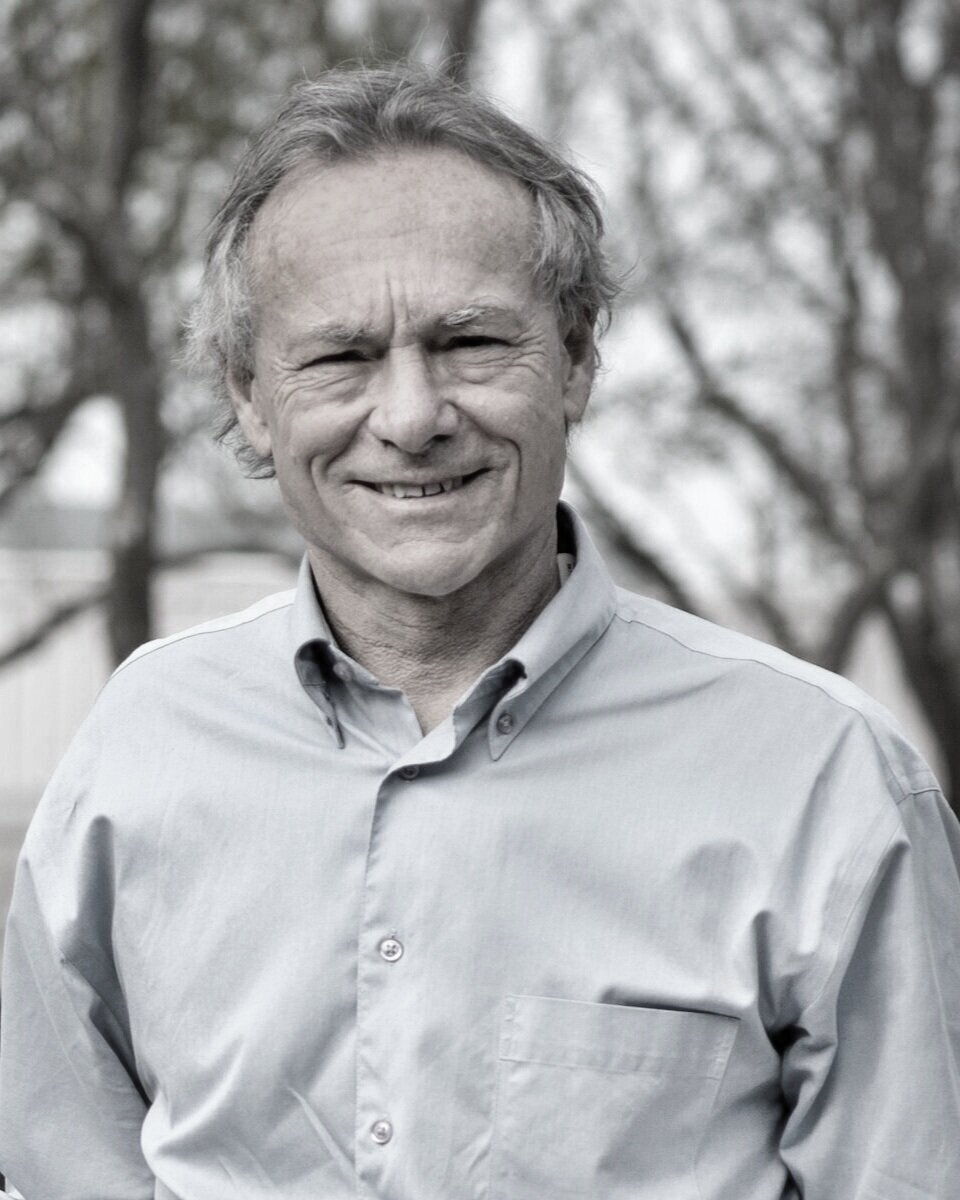Dennis Carrol
PhD
DENNIS CARROLL serves as the Chair of the Global Virome Project Leadership Board. Dennis previously served as the Director of the U.S. Agency for International Development's (USAID's) Pandemic Influenza and other Emerging Threats Unit. In this position, he led USAID's Emerging Pandemic Threats program - a global effort to combat new disease threats before they can become significant threats to human health. Dennis was responsible for providing strategic and operational leadership for the agency's programs addressing new and emerging disease threats, which included leading the agency's response to the H5N1 avian influenza and H1N1 pandemic viral threats.
Dennis was initially detailed to USAID from the U.S. Centers for Disease Control and Prevention as a senior public health advisor in 1991. In 1995 he was named the agency's Senior Infectious Diseases advisor, responsible for overseeing the agency's programs in malaria, tuberculosis, antimicrobial resistance, disease surveillance, as well as neglected and emerging infectious diseases. In this capacity Dennis was directly involved in the development and introduction of a range of new technologies for disease prevention and control, including community-based delivery of treatment of onchocerciasis, rapid diagnostics for malaria, new treatment therapies for drug-resistant malaria, intermittent therapy for pregnant women and “long-lasting” insecticide-treated bed nets for prevention of malaria. He was responsible for the initial design and development of the President's Malaria Initiative. Dennis officially left the CDC and joined USAID in 2005 when he assumed responsibility for leading the USAID response to the spread of avian influenza.
Dennis has a doctorate in biomedical research with a special focus in tropical infectious diseases from the University of Massachusetts Amherst. He was a Research Scientist at Cold Spring Harbor Laboratory where he studied the molecular mechanics of viral infection. Dennis has received awards from both the CDC and USAID, including the 2006 USAID Science and Technology Award for his work on malaria and avian influenza, and the 2008 Administrator's Management Innovation Award for his management of the Agency's Avian and Pandemic Influenza program.







